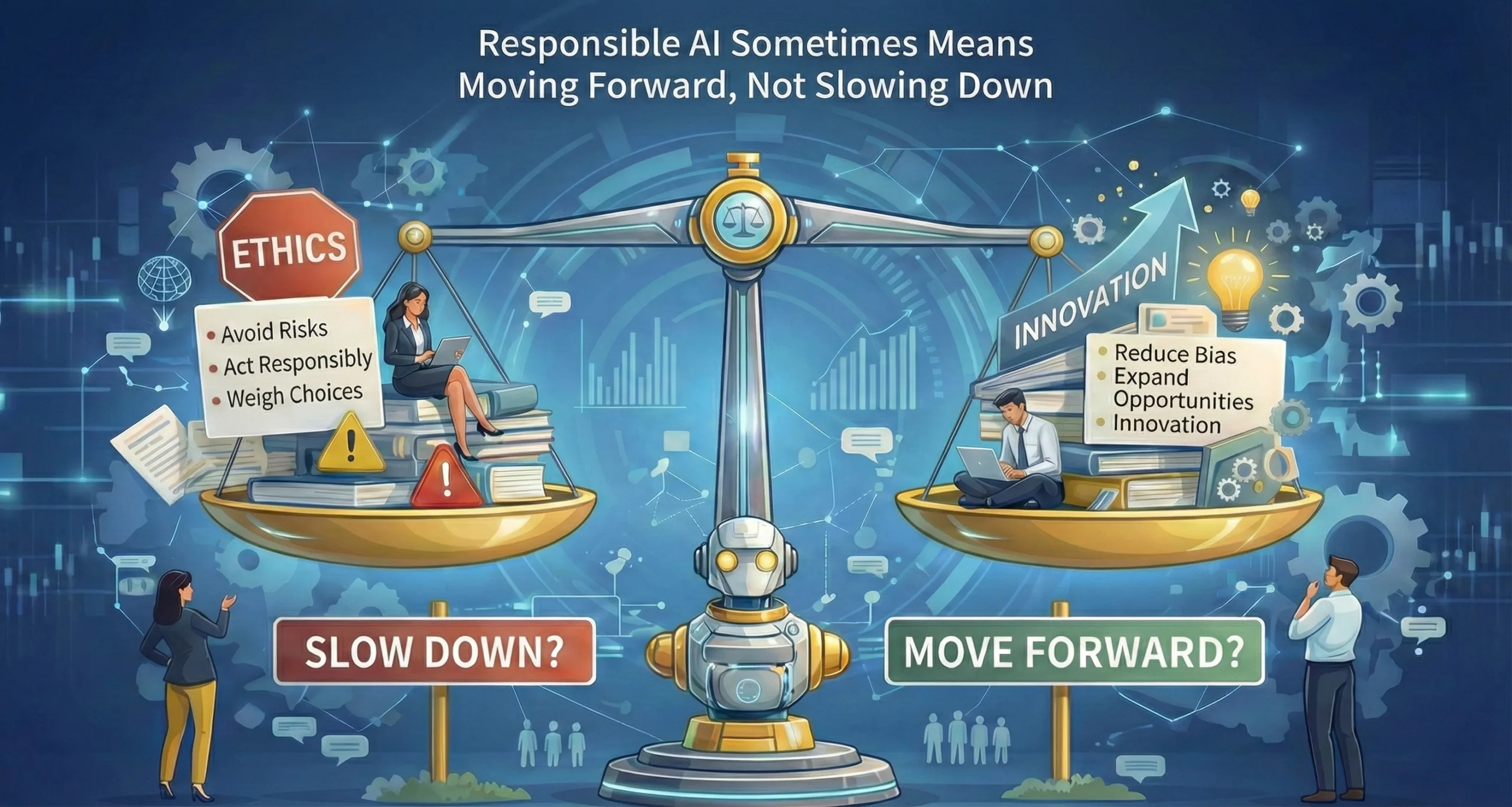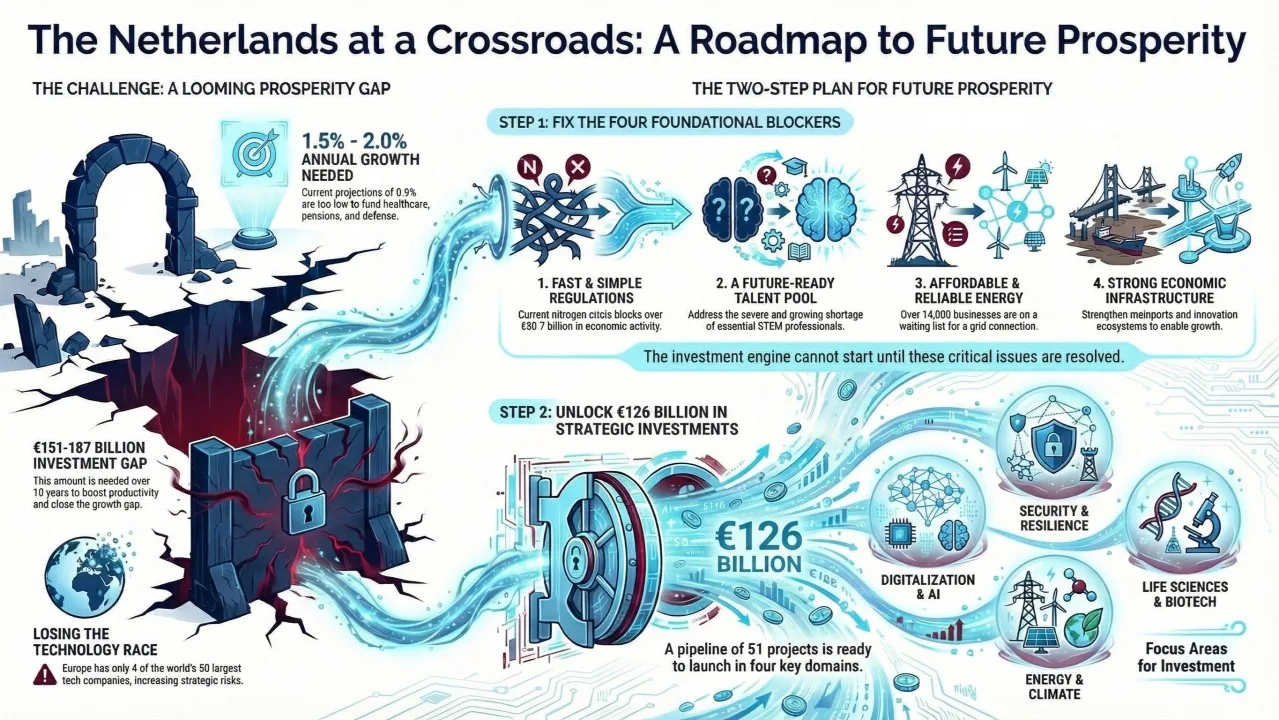June 14, 2023 – Published on HR Practice
A recent article by HR expert Jan Tjerk Boonstra and analyst Laurens Waling from 8vance about the limited mobility of HR professionals has elicited many responses, including from HR professionals who do not recognize themselves in that portrayal.
The authors based their argument on results from a large-scale study by 8vance among employees in Europe. This tech scale-up develops artificial intelligence to connect people and work. The company’s research team conducts statistical analyses of 85 million people’s profiles and 25 million job vacancies in various countries and languages.
“When asked, 85% of HR professionals believe that, as a professional group, they should look beyond the HR domain more often when making a career move.”
Algorithms analyzed the career steps of 30 million people, gathered from publicly accessible information sources in labor market–comparable countries like the Netherlands, Belgium, Germany, and England. One of the findings is that HR professionals are significantly less mobile than other occupational groups.
Poll Results
People working in HR appear to have vertical career paths but remain within HR. “Is HR such a much more interesting field? Or are HR people less enterprising than those working in other fields?” Boonstra and Waling ask in their article.
We called on readers to respond in a LinkedIn poll, which was filled out by 242 people. Of them, 85% indeed believe that HR professionals should, in the context of employability, look beyond the boundaries of the HR domain more often when making a career move. 8% disagree.
Have Switched
Many people also responded with posts on LinkedIn. For instance, Annette Ekelschot made the move from HR to other functions and writes: “Myself and several people in my immediate environment show something different. I do take my HR background with me and benefit greatly from it.” She now works as a manager at Cosis.
“I have had four positions, two in HR and two outside it, alternately, and I know many (former) colleagues who have done the same.”
Kate van Oosten is now working within the field again as an HR manager at Villa Bloom and reports: “I have had four positions, two in HR and two outside it, alternately, and I know many (former) colleagues who have done the same.”
“What Boundaries?”
There are also people who have indeed stayed on the “HR island,” but very consciously. Like Ingrid van Bussel. She writes that she has done all sorts of things and has remained in HR precisely “because it is the most versatile and a place where everything comes together: strategic and practical; long and short term; requires knowledge in business administration, legal, fiscal, financial, psychological, communicative, IT, and intercultural areas.” She concludes, “What boundaries?”
“For years, I’ve been making excursions to other fields, always combined with HR. Because it’s indeed the most fascinating field I know!”
Rita Zwaga also deliberately stays in the profession, currently at the municipality of Borger-Odoorn. “I do see people in my environment entering or exiting HR. I myself have been making excursions to other fields for years, such as project leader, facility team leader, and now executive secretary. Always combined with HR. Because it’s indeed the most fascinating field I know!”
New Perspectives
Robin Robart is also among the 85% who answered “yes” to the poll. He is a senior policy advisor at Curio and explains his opinion that HR professionals should look beyond the boundaries of their field more. “Firstly, by annually participating for a period in the primary process of the organization(s) you advise. Secondly, by delving into an adjacent field such as marketing and communication, or finance.”
“Switching places provides new perspectives and helps improve the HR function.”
HR manager Saskia Lems notes that there is also a boundary towards HR. “Years ago, I myself switched from a commercial management position to HR. No regrets. But you don’t see that often either. A shame, because switching places provides new perspectives and helps improve the HR function.”
Gaining Experience in Line Functions
Kees Barendsen calls himself a “sparring partner for fellow employers.” He advocates, from experience, for HR professionals to gain experience in a line function. “Not just a brief internship, but really getting to work with everything that comes with it. Discover what line managers struggle with. Some will stay because they discover new talents in themselves. Those who then return to the HR field become better and (by the line) respected sparring partners because of this experience.”
Response from Jan Tjerk Boonstra and Laurens Waling
We also asked the authors for a response to all the reactions their article elicited.
“It’s good that so many people have responded, creating a valuable exchange of ideas. After all, it was a finding from data analysis and not our opinions.
What we find very positive is that 85% of the responses indicate that we may look and ‘jump’ more often beyond the boundaries of our profession. For example, by truly delving into the challenges of line management and working there ourselves—even if only for a certain period.
Many responses describe from their own experience that you also become a better HR professional through that, and that your HR knowledge and experience are a good basis to fulfill other fields well. Precisely because HR is so broad with human, administrative, and organizational aspects.”
“Another finding shows that HR employees score high on social competencies but low on entrepreneurship.”
“We believe that HR should be more encouraged to change itself. As a professional group, we guide reorganizations, but don’t we stay too much out of the firing line ourselves?! And we would like to come back soon with another finding from data analysis—one that shows that HR employees score high on social characteristics/competencies but low on entrepreneurship. This manifests in a strong connection with and adaptation to the environment, accompanied by risk-averse behavior. Enough material for further research and discussion.”




Leave a Reply